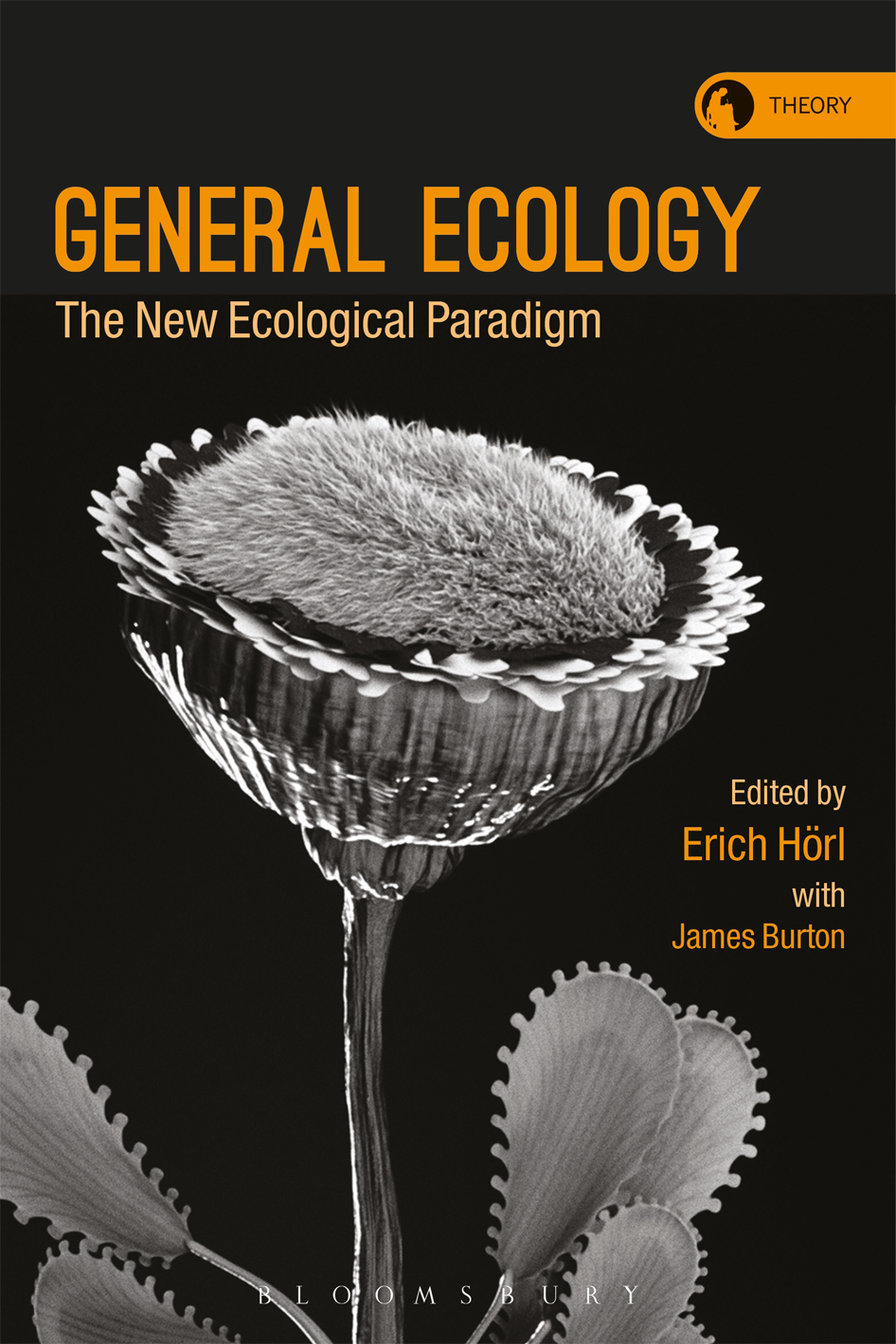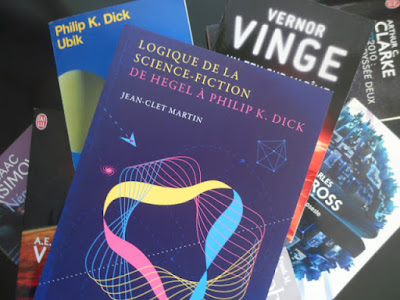 |
| My copy of Debaise's Nature as Event, just arrived the other day. |
Let's call a spade a spade. The world of publishing about speculative realism in a purportedly "academic" context is simply this: we're happy to receive proposals of work having anything to do with "Speculative Realism"
if we like you.
True story, and I left this out of my book about speculative realism in order to try to be polite, however due to a recent post that someone just wrote to me about: I feel it necessary in light of the
total bullshit that this person just revealed in their email to me to share with the world some more truth in addition to
Speculative Realism: An Epitome. What follows is abit of me venting and so if that is not your cup of tea please feel free to move on. However, the reason I am venting is because the words that just appeared on my screen are an
insult to someone who has just spent three months researching a currently-being-written manuscript that
is speculative realist philosophy yet the proposal for which
won't be read due to personal politics despite the smiling face saying that any and all proposals are welcome. Not true, folks. Not true.
Again, what follows is an honest and heart-felt rant. But it is a rant, so if that isn't your thing then please feel free to peruse onward.
***
Several years ago I was going to submit a proposal to Open Humanities Press. I won't reveal here what particular series in Open Humanities Press in order to keep
polite the post that I am currently writing right now, and also, so as not to reveal specifically what series editor I am talking about. Afterall, it's not the person that I am concerned with here but rather their conduct in the particular situation that I am talking about, as well as the words that appeared in my friend's email to me today. So before we go further, from my end this is not personal. Sadly from their end it is.
A former friend of mine knew this series editor and actually was/is quite close with them, so I thought to have this person contact the editor to see how they'd like for me to submit the proposal, where to send it, and so on. Well, the series editor promptly told my former friend
that they refused to even receive the proposal. Yes, this Ph.D.'d scholar, entrusted with the power of supposed academic objectivity as a series editor, whose
job it is to review manuscripts for their series to see which might be worth publishing and which not, on the basis of
personal politics and
not on the basis of the work itself, absolutely refused to read
a proposal before it was even sent to them. True story.
Now, pause. If you are a series editor and are purporting to contribute to academic scholarship, receive and review
any and all manuscripts, you're meaning to tell me, years later, that anyone is "welcome" to submit an ms to your series (now not at Open Humanities Press but elsewhere) when - in fact - on the basis of personal bias it is possible to refuse to even
receive a manuscript or even
look at a proposal simply because someone has personal issues? Simply because you don't
like the person? And worse, you say "any and all proposals are welcome" but yet some proposals shouldn't even be sent because they were written by someone you don't like, you won't read those proposals anyway, based not upon the content of the proposal god forbid, but the name attached to it?
Bullshit. I call bullshit. I am sorry, but it is is outright disgusting and
sick that anyone would put out there with some happy smile on their face that they'll receive any and all proposals when, well,
they have to like you first to even
look at what you wrote. So, no, your
work doesn't matter. The quality of your scholarship doesn't matter. The fact that you have good arguments doesn't matter. What matters is if you are personally
liked rather than
disliked by the editor. Give me an effing break.
So someone, like me for instance, can spend a year writing a manuscript about speculative realism -
a good one - one that is much, much better than most of what's passed through by this person in their series, and I mean they've desperately put out books about everything under the sun and speculative realism, and now due to a lack of a pool of authors who write about the subject are even
repeating authors who previously published through the series, but because of some obscure personal bias,
when this person doesn't even know me, refuses to even read my work?
Are you kidding me? And let me say outright - the personal bias? Based on
gossip and
hearsay. I was never
even
asked about the bs that this person said was the basis of their dislike for me. Unreal. Just, unreal.
Let me tell you a quick story to put this in perspective. This summer I spent several hundred hours researching a book which I plan to call
Transcendental Naturalism. It's a follow up to
Speculative Naturalism: Philosophy After Nature (a book re-written several times and actually the ms that I was originally going to send to this person back then.
So, yes, it was Speculative Naturalism which was an ms that this person wouldn't even agree to receive by email based on their personal dislike of me.). Anyway,
Transcendental Naturalism is probably the most complex and substantially argued book that I've written yet to date and takes on the arguments of Meillassoux, Brassier, Grant, etc. The book just isn't about speculative realism, it
is speculative realist philosophy. (Now, note as an aside that if you've read my latest book
Speculative Realism: An Epitome you will see how there can still even be speculative realist philosophy despite my existence claims regarding the name branded "movement" of it. So, the book engages the most contemporary arguments out there and is a direct contribution to the scholarship. But, moving on.)
Transcendental Naturalism is a book that
is speculative realist philosophy, and once published I am confident that it will make an impact as it directly engages recent arguments and puts forward what I think, at least, is a novel thesis. I mean, it's still being written, but is mostly researched, I've outlined the chapters, and now am just waiting for December break to put it all together.
But the point is, this book
will not be published through the series which claims to "welcome" any and all proposals because
despite the caliber of the book personal politics will keep it from even being read.
That's not academic conduct by any stretch of the imagination. That's not professional conduct by any stretch of the imagination.
Don't believe the hype folks. The world of publishing about speculative realism is total bullshit. Obviously I'm irate and insulted because
my hard work means absolutely nothing because of personal politics. My summer spent with my wife in Germany and Switzerland, toiling away day after day while she worked during the day and I stayed behind whether at the hotel or coffee shops and libraries to produce what is, with all due humility, the most challenging work I've created to date. It doesn't mean jack because a gatekeeper would refuse to read it. No, in the past I was told not even to bother sending it ahead of time. And now, today, this new book is
three months of hard work is not allowed to proceed in the direction that, frankly, it should. Think about it: how ridiculous is it, that, not just my work, but others (Terence Blake, Jason Hills, Pete Wolfendale) goes unmentioned, unsaid, when it is contributing to the
exact same debate? It's like being in a room of about a dozen people (and that's literally about the number of people who work on this stuff, in the world) and some just squinch their eyes shut and put their fingers in their ears and start yelling because they don't want to hear your arguments. I mean, this is crazy. I have never, ever seen anything like this.
So, obviously I wouldn't bother to send my "proposal" there to have that smiling face just step on my work by telling me a priori, no, it won't be read. That is disgusting and that is
sick. I am so
insulted if only because my hard work means
nothing in this case.
Nothing. And we're talking three months of my life working on this book. Over the summer I put nothing less than one hundred and ten percent of my effort into this project. And some smiling face will smugly say to the world that they're willing to look at any and all proposals? I don't even know what to say to that, except, in terms of academic scholarship and the integrity that is supposed to go behind editorialship, I've never been so insulted in my life. Who knows, maybe that was this person's goal and they're laughing right now. Well, good. Good for them. Joke's on me.
Don't believe the hype and move on to more professional series where hard work
does amount to something and proposals
are accepted, any and all. Not just some idle hand waiving and smiling when in fact there are more insidious motives at play. I have nothing to "prove," and am not lobbying for acceptance. I am not lamenting that I am unable to publish in this series. Obviously the book can and will be published elsewhere. And obviously, yet again, the world will be confused as to the great silence that will surround what I think will amount to a fantastic game-changing book. In this post I am asking though that in the world hard work should be reviewed for its merit, not for the politics surrounding who wrote it. That is just shallow and absurd. Judge work for its quality, for what it
says, not just by the name on its cover. If you accept anything based on a name, or refuse anything based on a name, then that is not professional editorialship. It's censorship, and it's blatant personal politics.
Venting done, and I move on. Do look out for
Transcendental Naturalism though soon enough. I hope that the book accomplishes what I wanted it to. And, for the record, Debaise's book
Nature and Event is the better of his most recent two, so ignore the other and buy
Nature and Event. It is through Duke University Press which is a legitimate and
reputable press whose vetting process is as fair and objective as can be, and the editors are actual human beings rather than monsters with a grudge. (Note that this is
not his book through the Edinburgh University Press Speculative Realism Series where, well, much of what I said above applies. And shame on Edinburgh University Press if they support this kind of editorialship. They ought to rethink what they're doing. You now have a blog post which will probably hit seven or eight hundred-plus readers this week alone so maybe they'll listen and change a thing or two.)




